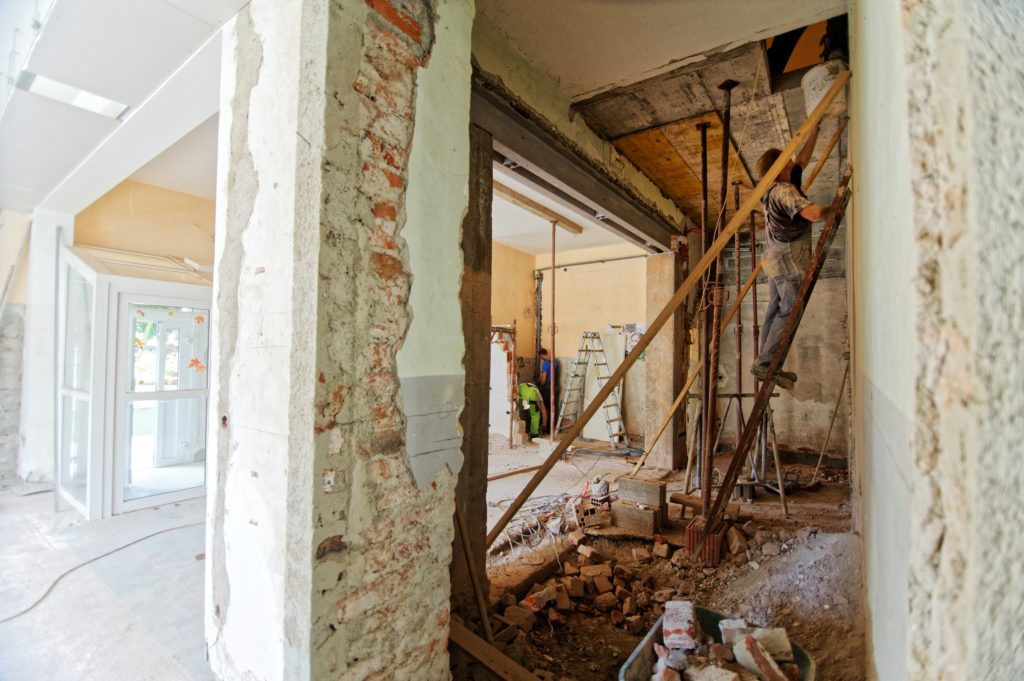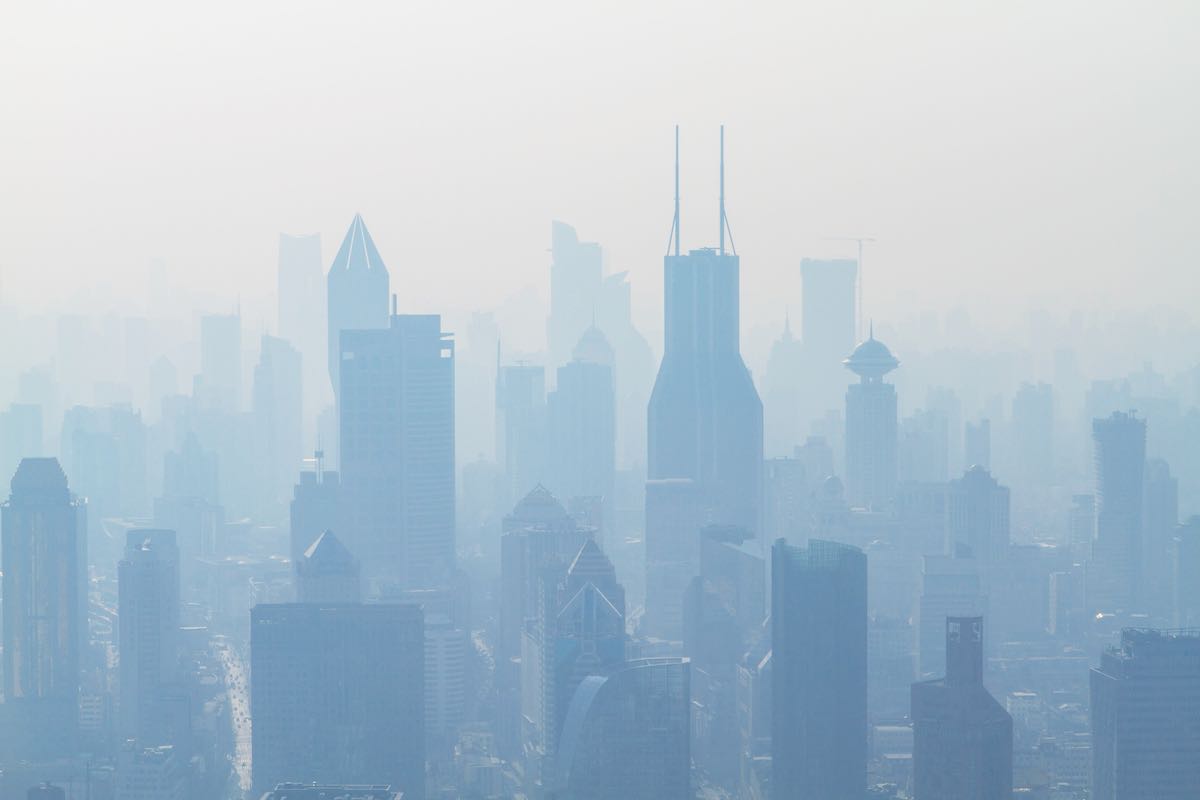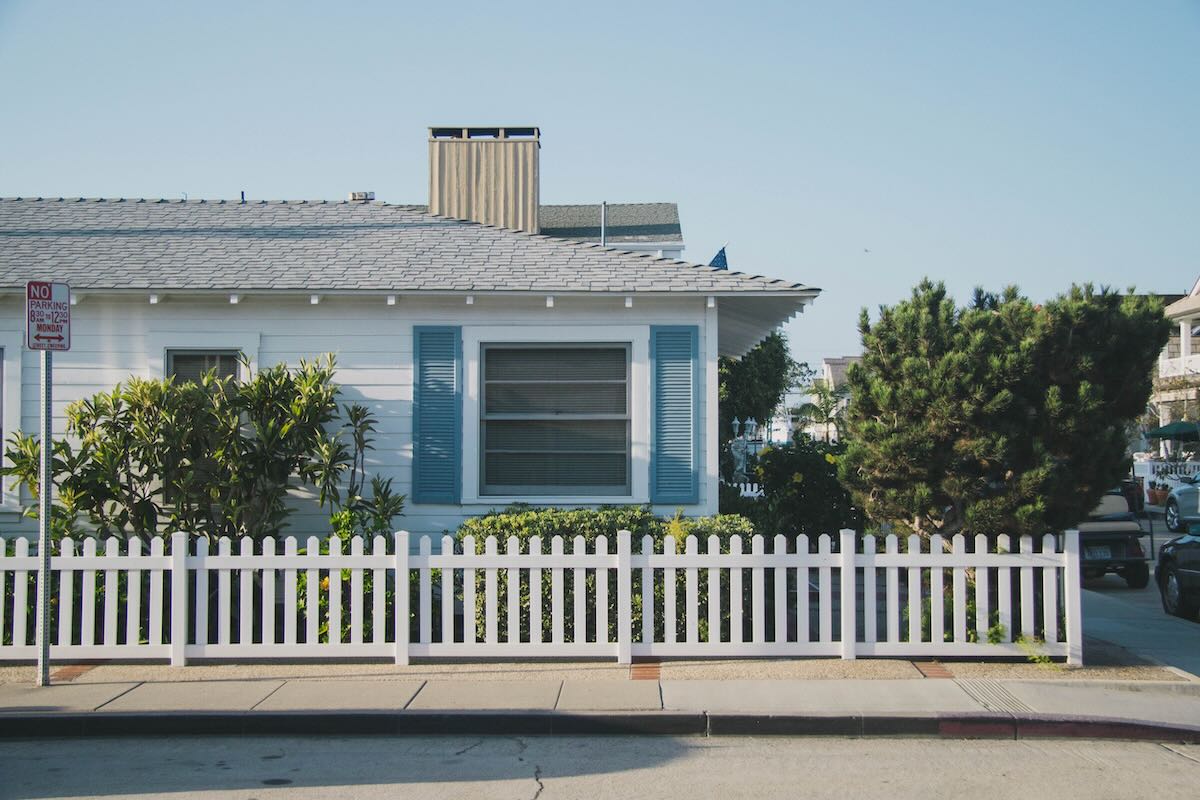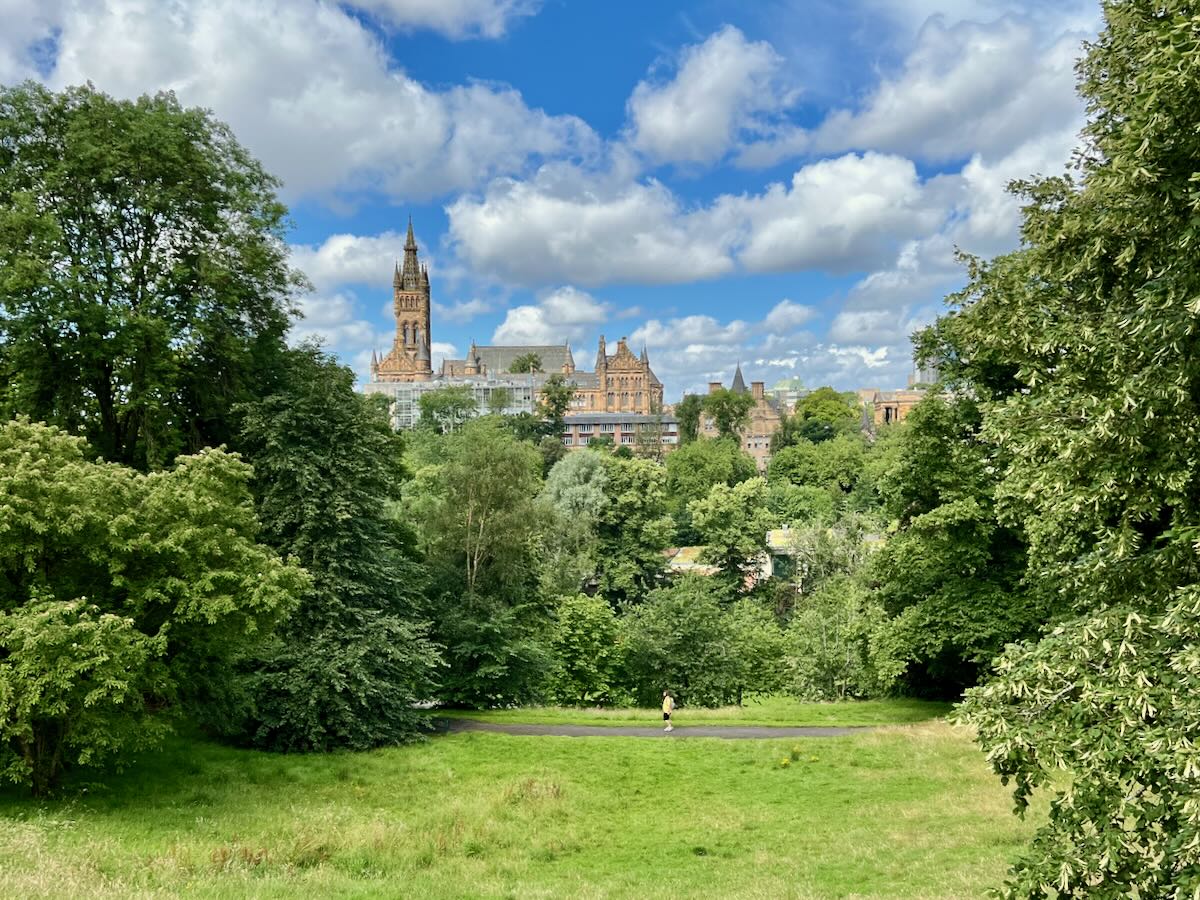What have you been reading? May 27, 2021

“Everyone is in favour of free speech. Hardly a day passes without its being extolled, but some people’s idea of it is that they are free to say what they like, but if anyone else says anything back, that is an outrage.”
Winston S. Churchill
LONG SLIDE LOOMS FOR WORLD POPULATION, WITH SWEEPING RAMIFICATIONS The New York Times – May 22, 2021
Fewer Babies’ Cries, More Abandoned Homes
Last week I featured a story about declining sperm counts. This week it is an article about declining populations. If I were to ask you for a population forecast for China, what would it be? One model estimates China’s population will drop from 1.41 billion people today to 730 million by 2100. The article asks us to imagine paying large bonuses to immigrant families with lots of children. Excerpt:
Like an avalanche, the demographic forces — pushing toward more deaths than births — seem to be expanding and accelerating. Though some countries continue to see their populations grow, especially in Africa, fertility rates are falling nearly everywhere else. Demographers now predict that by the latter half of the century or possibly earlier, the global population will enter a sustained decline for the first time.
Damien Cave, Emma Bubola and Choe Sang-Hun
THE CURIOUS CASE OF THE DISAPPEARING WORKER – The Economist – May 22, 2021
What to do about a labour crunch

Read the above New York Times article. Then read this piece in The Economist about the labour crunch. Negative populations growth plus limits on immigration will lead to increasingly severe labour shortages. Excerpt:
Next is passports, which relates to immigration. Temporary border controls to stop the virus make sense, but they should not last beyond the pandemic. In New Zealand annual net migration has fallen from 92,000 to 7,000. Australia is losing migrants. Britain is also reckoning with Brexit-related immigration changes. That is why in many countries industries, such as hospitality, that rely on foreigners face the most acute shortages. Politicians must be clear that closed borders will come with a painful price tag—or change tack
THE CENTRAL CALIFORNIA TOWN THAT KEEPS SINKING The New York Times – May 22, 2021
Corcoran, California

I have long held that man threatens its own existence through the abusive misuse of natural resources. This article looks at subsidence in the agricultural community of Corcoran, California. The Aral Sea should not have been allowed to dry up just to produce cotton for cheap jeans. At the risk of infuriating many, who ever thought that golf courses in the desert was a good idea? Excerpt:
Corcoran is sinking.
Over the past 14 years, the town has sunk as much as 11.5 feet in some places — enough to swallow the entire first floor of a two-story house and to at times make Corcoran one of the fastest-sinking areas in the country, according to experts with the United States Geological Survey.
Subsidence is the technical term for the phenomenon — the slow-motion deflation of land that occurs when large amounts of water are withdrawn from deep underground, causing underlying sediments to fall in on themselves.
Lois Henry with contributions from Ana Facio-Krajcer
DESIGN / UK – The Monocle Minute – May 27, 2021
Constructive praise

For those who feel that architecture focuses too often on building from scratch, a new award from London-based charity Open City seeks to recognise the opposite: the “outstanding long-term strategic care of existing buildings, infrastructure and open spaces”. Open City, which made a name for itself through the popular Open House festival, argues that urban stewardship is the most important but least celebrated aspect of city-making. “Architecture remains one of the most carbon-intensive sectors in the economy,” says Maria Smith of international group Construction Declares, which is partnering on the award.
“The Stewardship Awards will celebrate those who are leading the change we need to see.” Applications are open until 17 June and an online briefing event at 15.00 London time today will detail the process. With architecture’s top honour, the Pritzker prize, having been awarded to refurbishment projects for the first time earlier this year, the industry’s new make-do-and-mend attitude is gaining some strong foundations.





